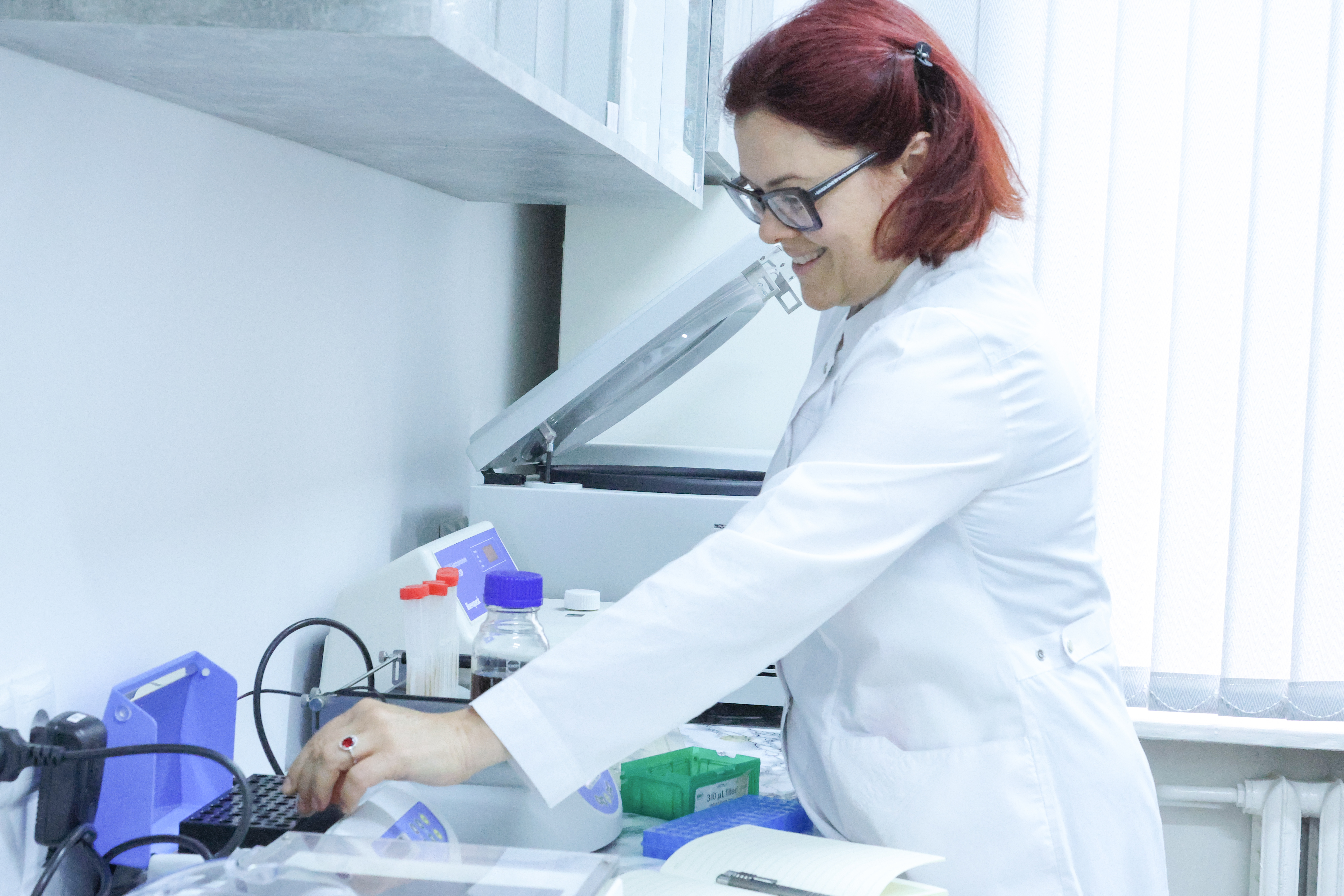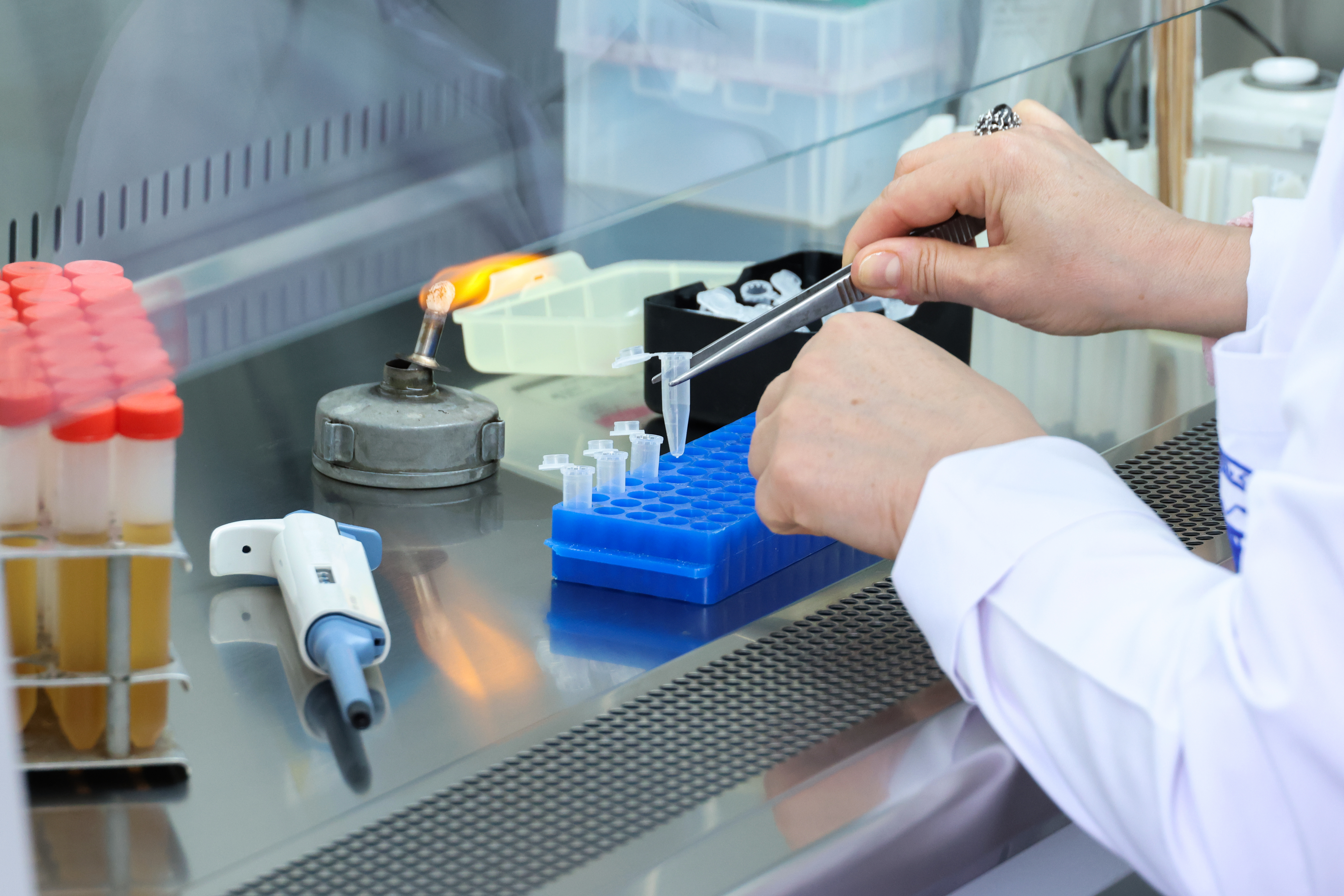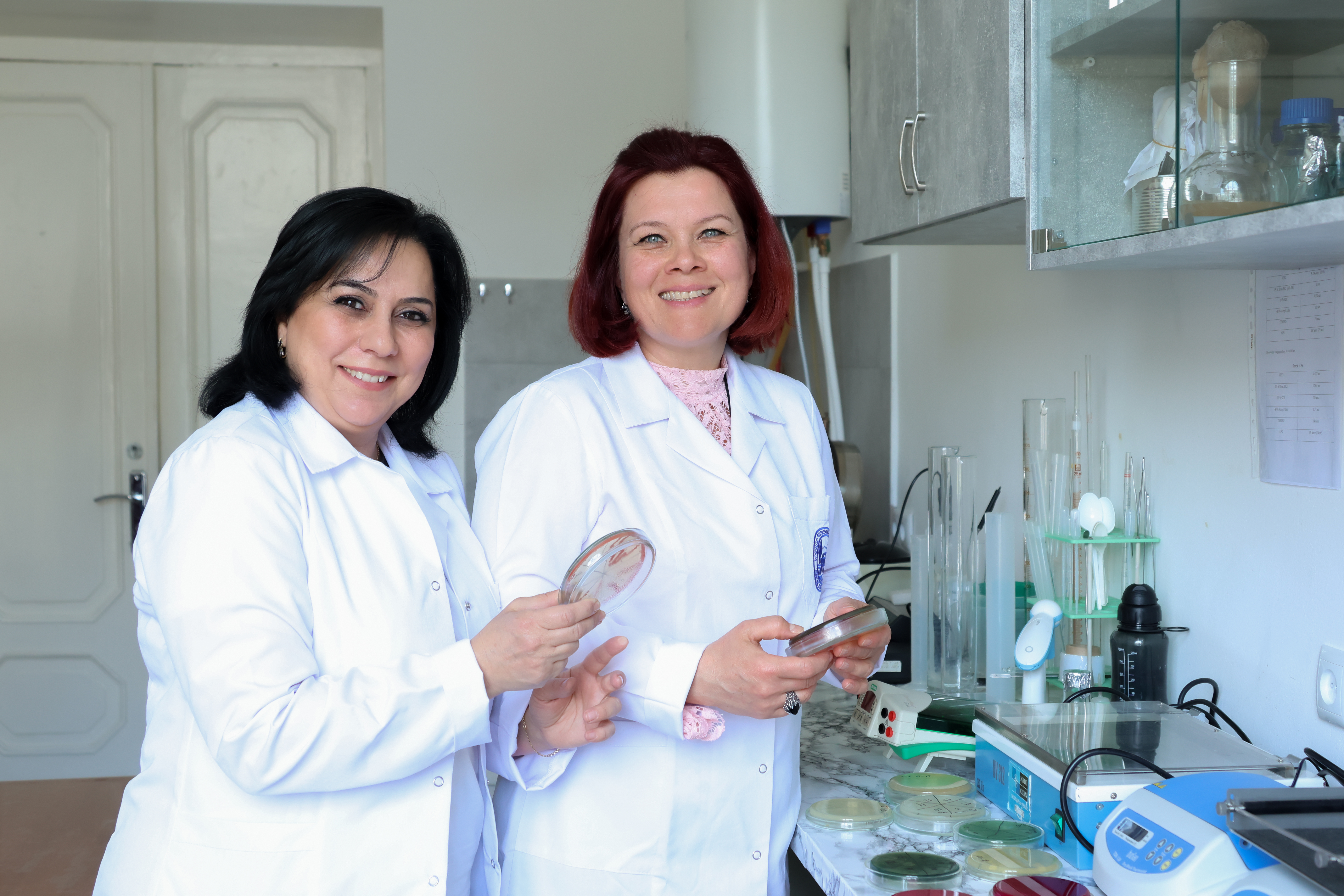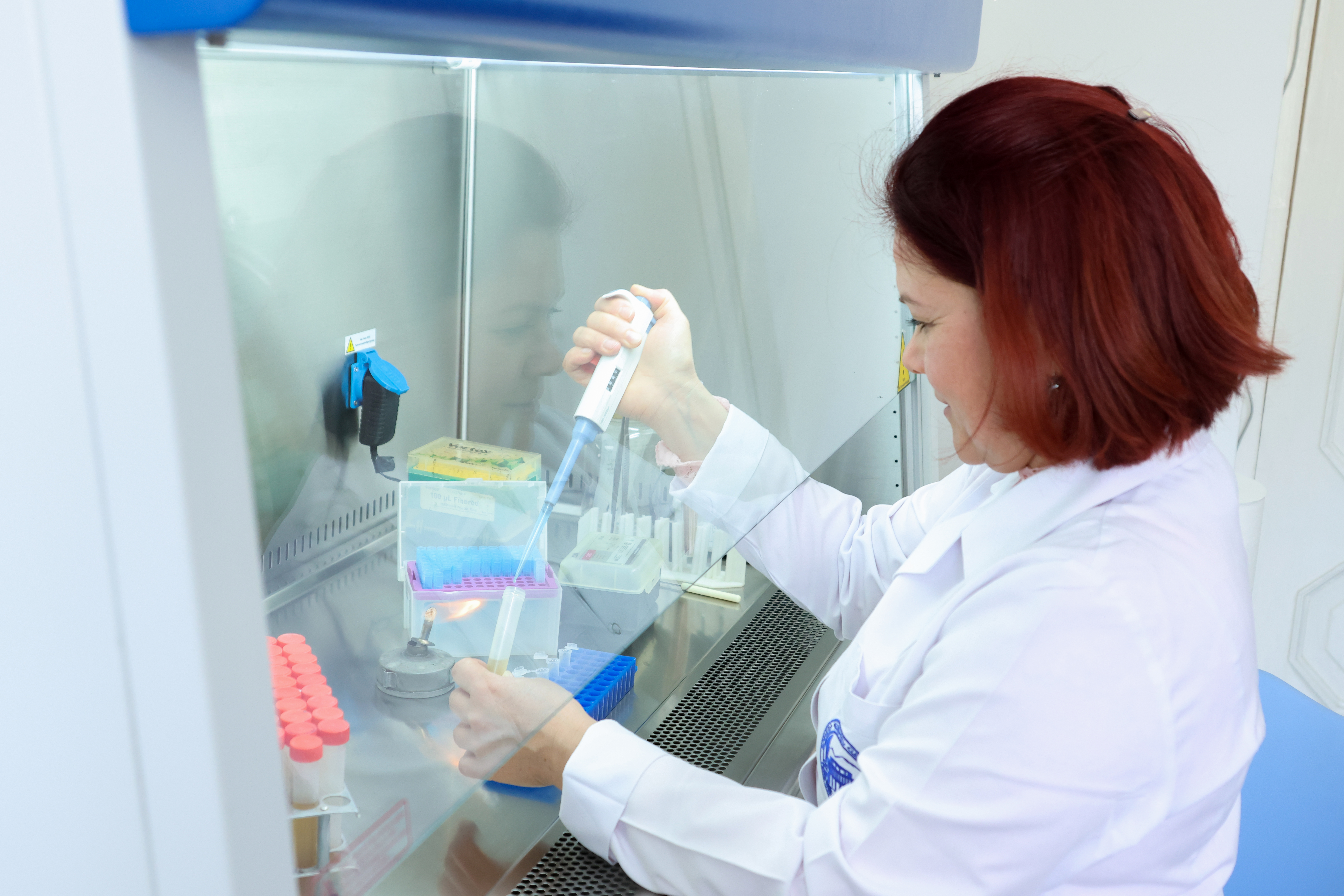April 30, 2025 | 12:20
Science
Research
International cooperation
New study aims to promote women's health
Associate Professor and Senior Researcher at YSU Faculty of Biology, Inga Bazukyan, emphasizes that cervical cancer is the fourth most common type of cancer globally, with human papillomavirus (HPV) being its primary cause. According to her, HPV-induced cancer is prevalent among the local population, partly due to the fear that HPV vaccination might lead to infertility—an apprehension that leads many to avoid getting vaccinated. Despite the existence of a national HPV vaccination program for women, the incidence of cervical cancer has remained unchanged since 2015. Inga Bazukyan and her research team are currently studying the vaginal microbiome to propose alternative methods for preventing HPV.
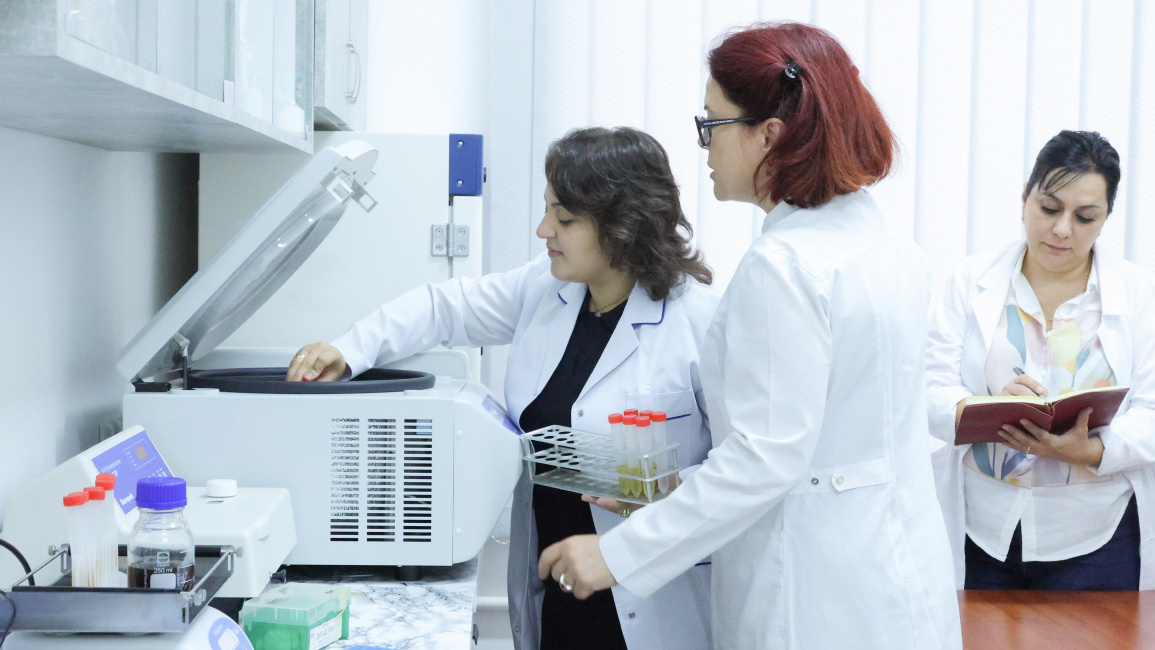
The scientific project led by Associate Professor and Senior Researcher Inga Bazukyan, titled "The Role of the Vaginal Microbiome in the Development of Cervical Cancer", has been awarded funding under the "Scientific Effectiveness Promotion Grant Program-2025," of the RA Ministry of Education, Science, Culture and Sports.
"The microbiome consists of the vast community of microorganisms living on the human body—on the skin and mucous membranes—which play a crucial role in maintaining health. A reduction in these beneficial microorganisms, for instance, due to antibiotic use, can lead to health complications. The microbiome aids digestion, stimulates the immune system, and directly suppresses pathogens," Inga Bazukyan explained, highlighting that this is the first study in Armenia focused on the vaginal microbiome as a preventive measure against HPV-induced cancer.
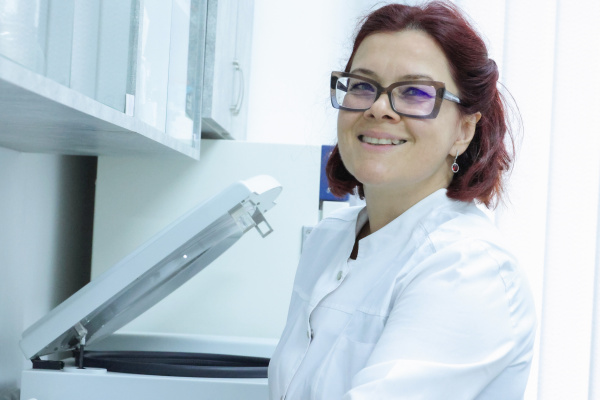
For the study, the research team has selected four patient groups: healthy women, HPV-positive individuals without tissue changes, HPV-positive individuals with cervical dysplasia, and women diagnosed with cervical cancer. The analysis will be conducted on DNA isolated from collected samples.
"Using molecular biology techniques, we will study how the microbiome changes across these groups, identifying which beneficial bacteria are missing in cases where HPV develops. We’ll isolate those bacteria from healthy women and examine their biologically active properties—such as their ability to suppress pathogens, yeasts, and so on," said Inga Bazukyan.
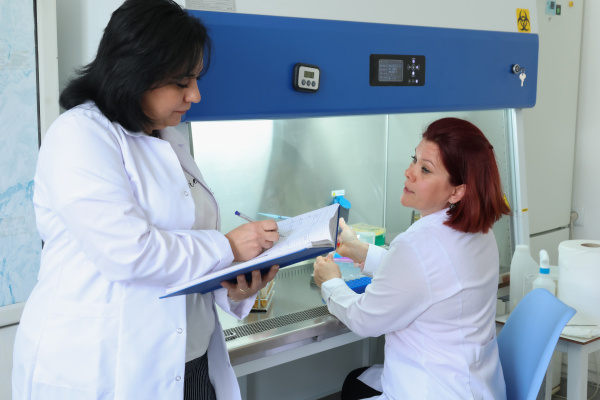
In the next phase of the grant, the team will induce cancer in laboratory mice to observe how the isolated bacteria can prevent tumor development.
"These bacteria are capable of synthesizing important substances that possess antibacterial, antifungal, antiviral, and even antitumor properties. After thorough research, we aim to propose specific bacteria for use in medicine to prevent and potentially treat HPV in women," she added.
The research team includes YSU Assistant Professor and Ph.D. Inesa Semerjyan, second-year Ph.D. student Tigran Aleksanyan, master's student Ruzanna Harutyunyan, and Edita Gharibyan, Head of the Pregnancy Pathology Department at Erebuni Medical Center. They will collaborate with the teams led by Nikolay Avtandilyan, Head of Basic and Pathological Biochemistry Laboratory, and Anna Karapetyan, Head of the Chair of Human and Animal Physiology. The project’s international advisor is Professor Pieter Vandamme from the Faculty of Sciences at Ghent University.





